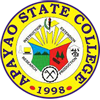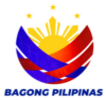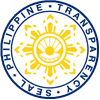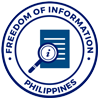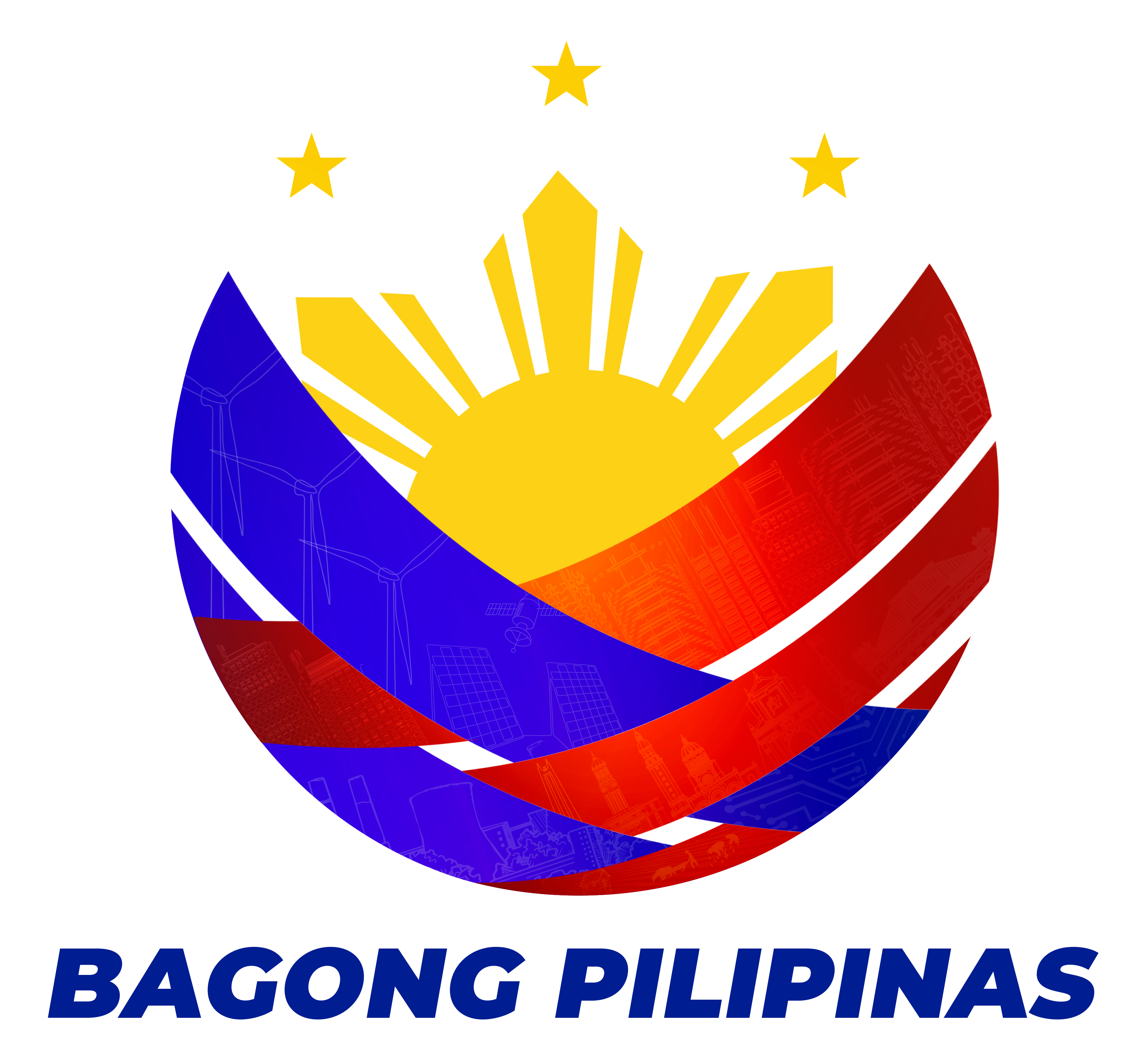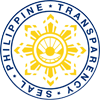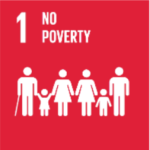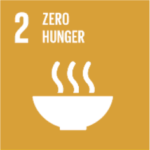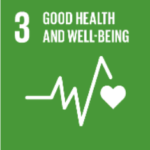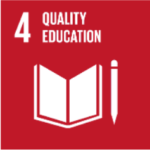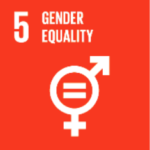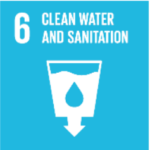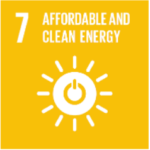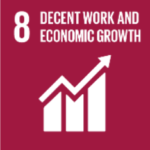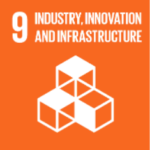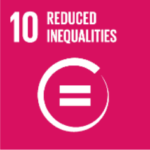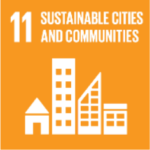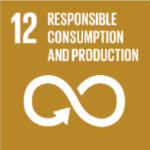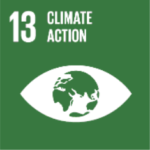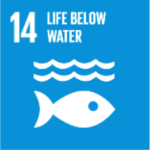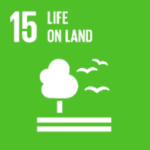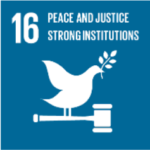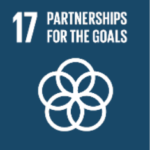SDG 6 - CLEAN WATER AND SANITATION
SOCIAL RESEARCH CATEGORY
Apayao State College (ASC), as a Higher Education Institution in the country, is committed to contributing to the attainment of SDG 6: Clean Water and Sanitation. The P/A/Ps under this SDG include the following:
Ariel M. Alcones
ABSTRACT
The Best waste management practices of the Apayao State College (ASC) was revisited to serve as a guide to planning a comprehensive campus solid waste management plan. The study utilized qualitative methods to gather data from the different departments in the campus through Focus Group Discussion (FGD) and Key Informant (KI) Interview, no structured questionnaire was organized. However, guide questions were prepared beforehand in the conduct of the informal interviews. Quantitative assessment was carried out by actual survey, measurement and recording of the kind and amount of waste produced. Also, the quantitative data was used to validate the qualitative information gathered from the focus group discussion and key informant interviews. Quantitative data that were gathered were subjected to descriptive statistics such as percentage computation and the use of rubrics. Results revealed that the clean and green program, the dalus, dur-as activity and vemicomposting are promising activities that ASC has to sustain. These techniques are very feasible alternatives to reduce waste. The technologies/techniques are very simple and very easy to be replicated. However, some improvements have to be considered to ensure their relevance and sustainability.
Keywords: Solid waste management, Quantitative, ASC
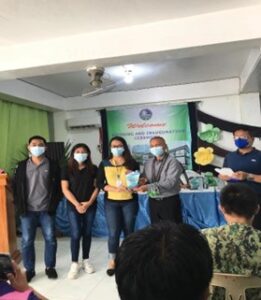
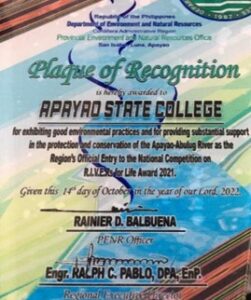
Awarding of Plaque of Recognition
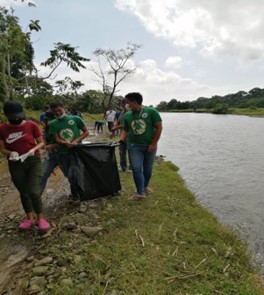
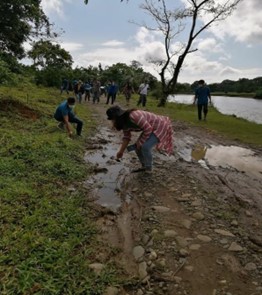
During the river clean-up drive at Barangay Salvacion, Luna, Apayao
